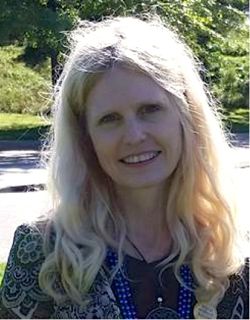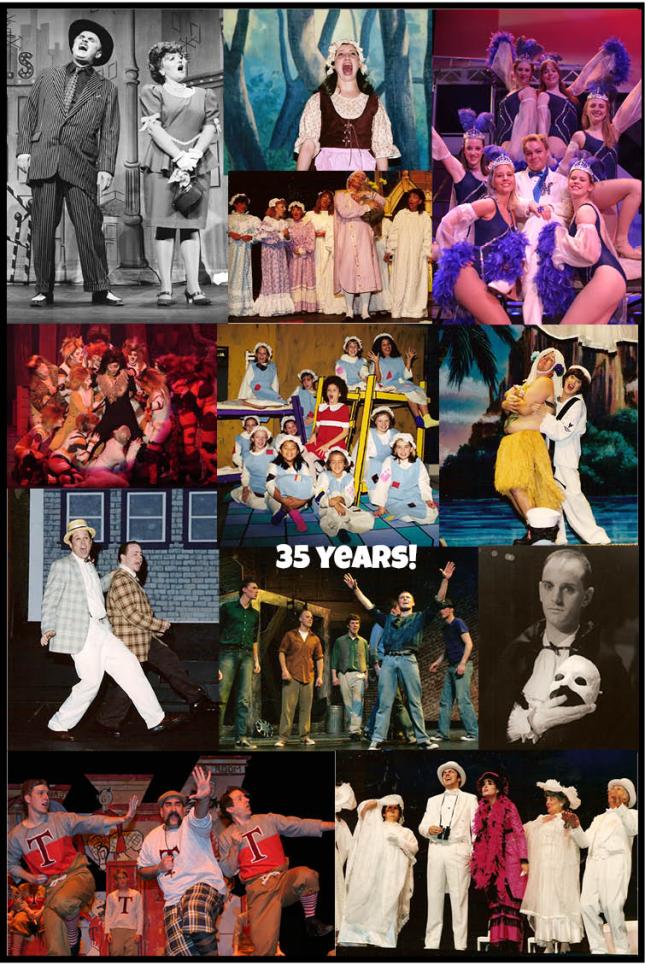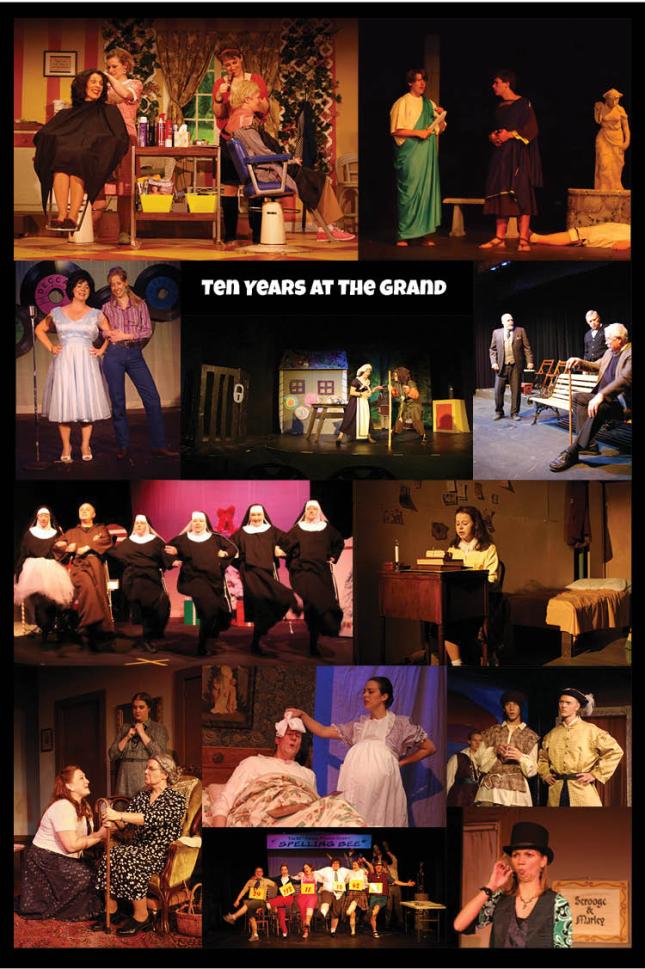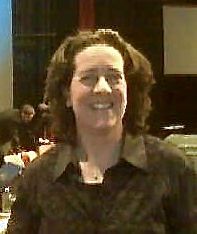
“The Sound of Music” is a popular choice for troupes with lots of talented kids.
“Don’t coddle them,” is the first piece of advice Eau Claire Children’s Theatre Executive Director Wayne Marek offers when asked about directing young actors.
“Treat them like the adult performers,” Marek says. Kids in ECCT shows are expected to know their lines, know their blocking, and be on time to rehearsal just like anyone else.
“I feel like that has led to the young performers being successful.”
Marek has trained many actors of all ages since founding ECCT 26 years ago. He says working with young, inexperienced actors is not much different from working with older actors who are new to community theatre.
“It has more to do with lack of experience versus their age,” Marek says. “An inexperienced adult needs to know the same things that a new young person starting out needs to know. Those are the really basic things like don’t turn your back to the audience when you’re talking, don’t upstage your fellow actors, cheating front when you’re delivering your lines.”
Marek says eight is the recommended minimum age for ECCT performers. Actors have to be able to read their scripts and have the stamina to make it through an hour-and-a-half to two-and-a-half-hour rehearsal.
There are some big, challenging parts written for kids. Many of the titles

“Chitty Chitty Bang Bang,” based on the 1968 film, is another musical with big and small roles for kids.
staged by ECCT feature young actors in leading roles, with adults in the supporting roles. But the kids have shown they are up to the challenge.
“There are shows that have large expectations of young performers,” Marek says. “But it’s always the young performers who are first off book.”
With over two and a half decades in business, the children’s theatre has built up a core of seasoned actors, some of whom started as kids and are now bringing their own children to shows. The best shows for a company like ECCT (or any community theatre troupe) also include smaller chorus parts for those who are just getting their feet wet.
Some of the great shows for multi-generational casts are familiar community theatre fare. “Annie,” “Oliver,” “Mary Poppins,” and “The Music Man” are all popular choices with both large and small roles for young actors. Marek has also learned that stage adaptations of popular children’s books draw lots of young actors and audience members alike. ECCT’s auditions for an upcoming January production of “Number the Stars” attracted 40 young hopefuls, mostly looking to play one of the three main girls featured in the story. On the audience side, the group had to add performances to meet demand.
“We offered four school matinees for that show and ended up filling seven because they know the book,” Marek says.
Other popular chapter book series offer stage adaptations, such as “Junie B. Jones,” and “The Magic Treehouse.” Even picture books like “Goodnight Moon” have stage versions that draw a lot of interest from kids and their parents who read the books to them.
If you’re looking to put on a show for young actors and audiences, the Plays for Young Audiences catalog and familiar publishing companies like Samuel French and Dramatic Publishing offer many titles aimed at kids.
Marek says the greatest reward for working with young actors is watching them grow – starting out as a ten year old in the chorus, graduating to lead roles, and continuing on through high school, college and beyond. And inspiring that growth begins with treating the youngest member of the cast just like everyone else.
“Treat them like an adult performer and they always rise to that challenge.”
Other thoughts on good shows or approaches for young actors? Share them in the comments below!













